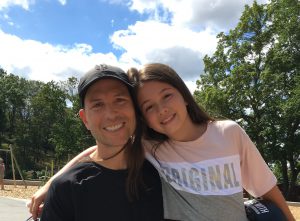 Just keep loving is all I want to say. Even when it seems impossible. Loving yourself enough to know the boundaries to keep and loving our children enough to know when to let go. Hope always and ever. Love is the first response.
Just keep loving is all I want to say. Even when it seems impossible. Loving yourself enough to know the boundaries to keep and loving our children enough to know when to let go. Hope always and ever. Love is the first response.
My reflection: Through my son’s fourteen-year addiction, there were times when I did not want to keep loving – him or myself. Loving was too painful because when you love someone, you’re compelled to fix and help. I was totally powerless against the addiction. And how could I love myself, when my son was spiraling downward?
Today’s Promise to consider: I learned through Jeff’s long-term addiction that I could love my son – the one who was still alive and under the drugs – while hating the addiction. This dichotomy provided the mental and heart boundaries that allowed me to see the son I would never quit loving, while also acknowledging the consequences of his addiction.

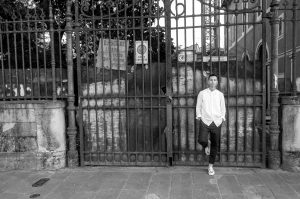 THE CHICAGO TRIBUNE recently published an article that reported: Addiction is a brain disease, “not a choice, not a personality flaw, not a moral failing,” said Dr. Jody Glance, an addiction specialist at the University of Pittsburgh Medical Center. Researchers have found that a key part of what makes opioid addiction so entrenched and difficult to quit is the way the drug changes the brain.
THE CHICAGO TRIBUNE recently published an article that reported: Addiction is a brain disease, “not a choice, not a personality flaw, not a moral failing,” said Dr. Jody Glance, an addiction specialist at the University of Pittsburgh Medical Center. Researchers have found that a key part of what makes opioid addiction so entrenched and difficult to quit is the way the drug changes the brain.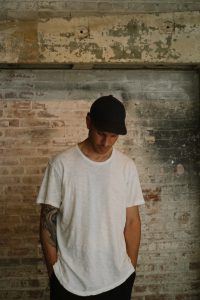 A mother wrote to me: I wanted to believe the stories of why my son needed money; I wanted to help. Time after time we gave him another chance; we wanted to believe he could do this. In time, he got out of his fourth rehab, did well for a year, and then relapsed. He was so much worse than ever before. I know I prolonged his addiction out of love. It’s true – I was an enabler, but I could not let go.
A mother wrote to me: I wanted to believe the stories of why my son needed money; I wanted to help. Time after time we gave him another chance; we wanted to believe he could do this. In time, he got out of his fourth rehab, did well for a year, and then relapsed. He was so much worse than ever before. I know I prolonged his addiction out of love. It’s true – I was an enabler, but I could not let go. A mother wrote to me
A mother wrote to me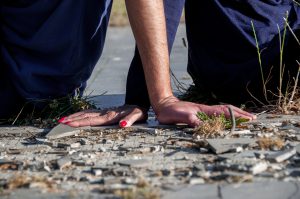 Not many people know that my son helps me with every post about addiction. I want to acknowledge his contributions over these many years.
Not many people know that my son helps me with every post about addiction. I want to acknowledge his contributions over these many years. A friend of mine wrote: With addiction, we need to be cautious not to malign the reputation of our loved one by confessing their troubles, even when they cause us trouble. Although their behavior may sometimes be unacceptable, I recognize that they’re deep in the clutches of their disease.
A friend of mine wrote: With addiction, we need to be cautious not to malign the reputation of our loved one by confessing their troubles, even when they cause us trouble. Although their behavior may sometimes be unacceptable, I recognize that they’re deep in the clutches of their disease. A friend told me that her partner often said these words above. Even through his depression and addiction, he was well aware that people said things to him that were insincere. There were times when a family member said, “I love you. I’m here for you,” but they never contacted him again.
A friend told me that her partner often said these words above. Even through his depression and addiction, he was well aware that people said things to him that were insincere. There were times when a family member said, “I love you. I’m here for you,” but they never contacted him again.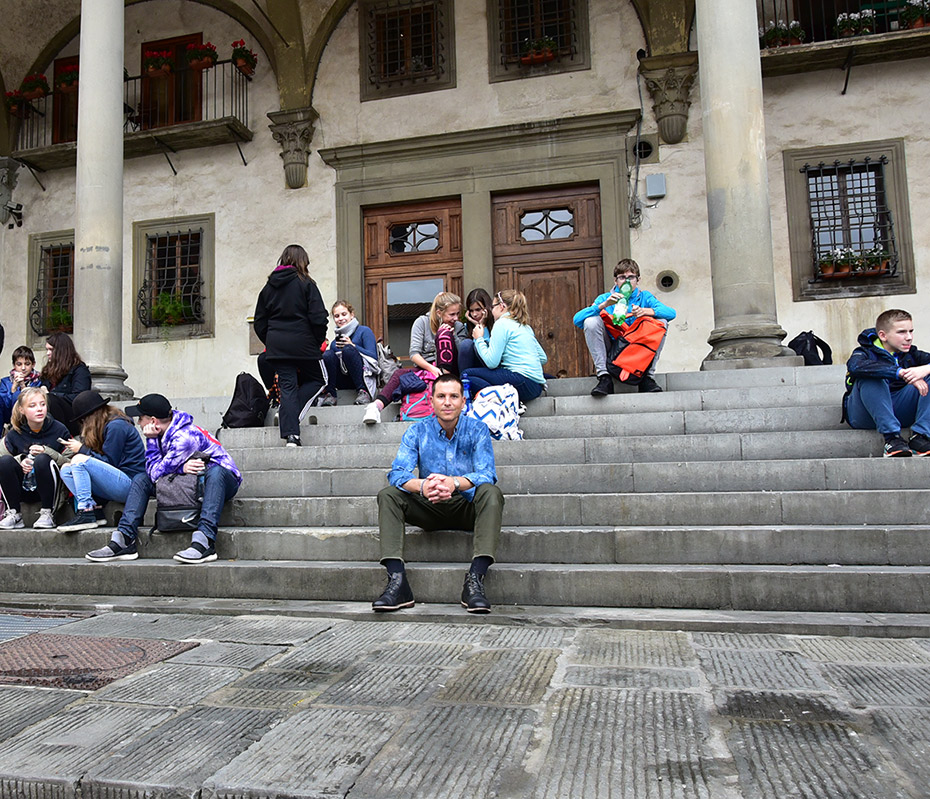
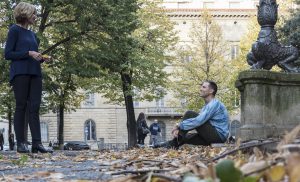 A mom wrote to me: My son is new to recovery, and I’m wondering if I can ask him all the questions that I have? Sometime I feel like I can’t say how I have been hurt, or how I feel, or how his addiction has affected our family. I don’t’ want to drive him away or make him feel more ashamed than he already feels.
A mom wrote to me: My son is new to recovery, and I’m wondering if I can ask him all the questions that I have? Sometime I feel like I can’t say how I have been hurt, or how I feel, or how his addiction has affected our family. I don’t’ want to drive him away or make him feel more ashamed than he already feels. From my son, I learned that sobriety comes to outweigh all the excitement – big weekends and bursts of pleasure – that drugs provide. He says that being clean lets a person build a life of substance rooted in real relationships with people who truly care about him, and a career he’s proud of. Life unfolds to be profoundly gratifying without drugs. Jeff says this was the biggest realization of all.
From my son, I learned that sobriety comes to outweigh all the excitement – big weekends and bursts of pleasure – that drugs provide. He says that being clean lets a person build a life of substance rooted in real relationships with people who truly care about him, and a career he’s proud of. Life unfolds to be profoundly gratifying without drugs. Jeff says this was the biggest realization of all.
0 Comments.
View Comments | Leave a Comment